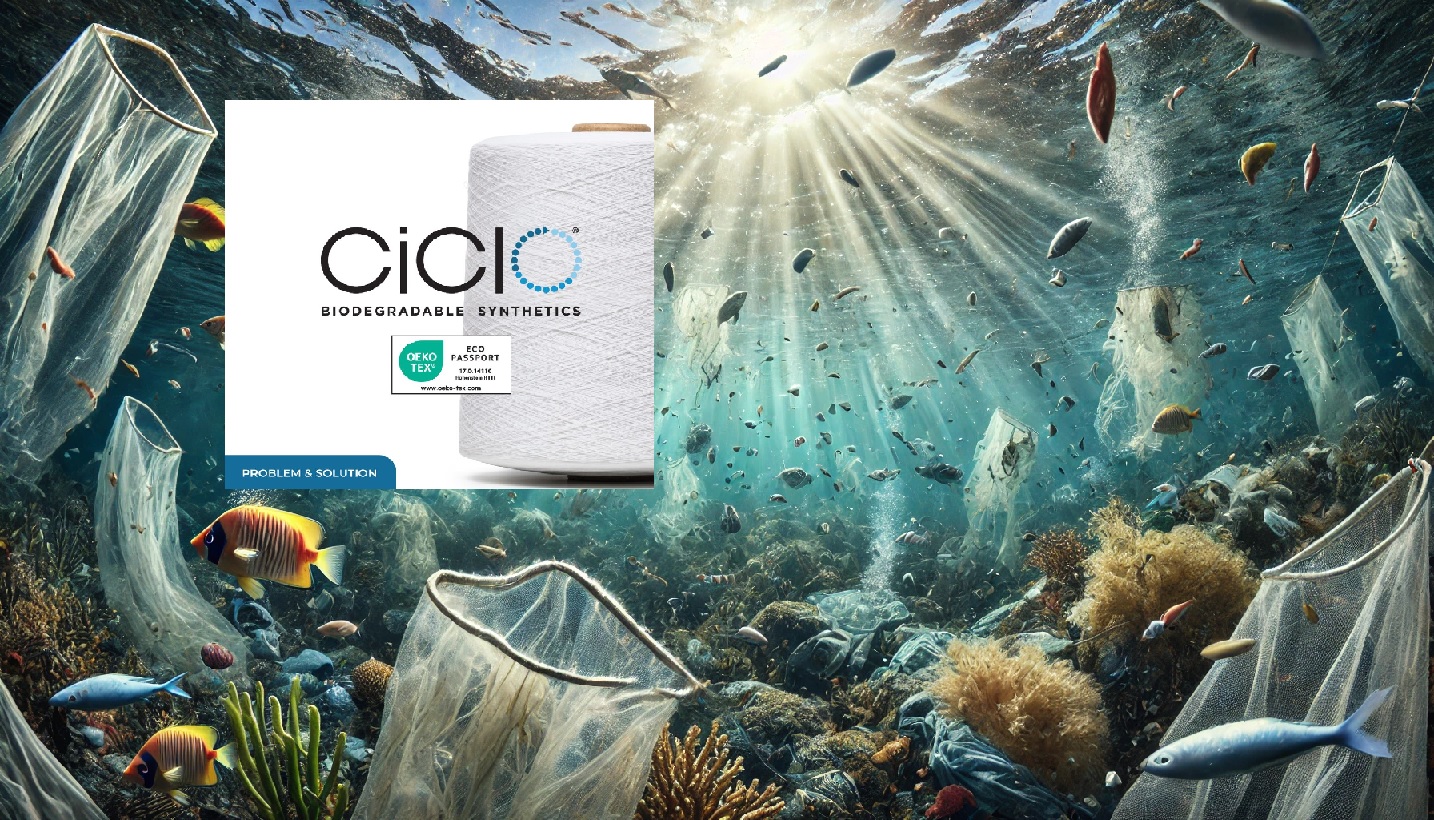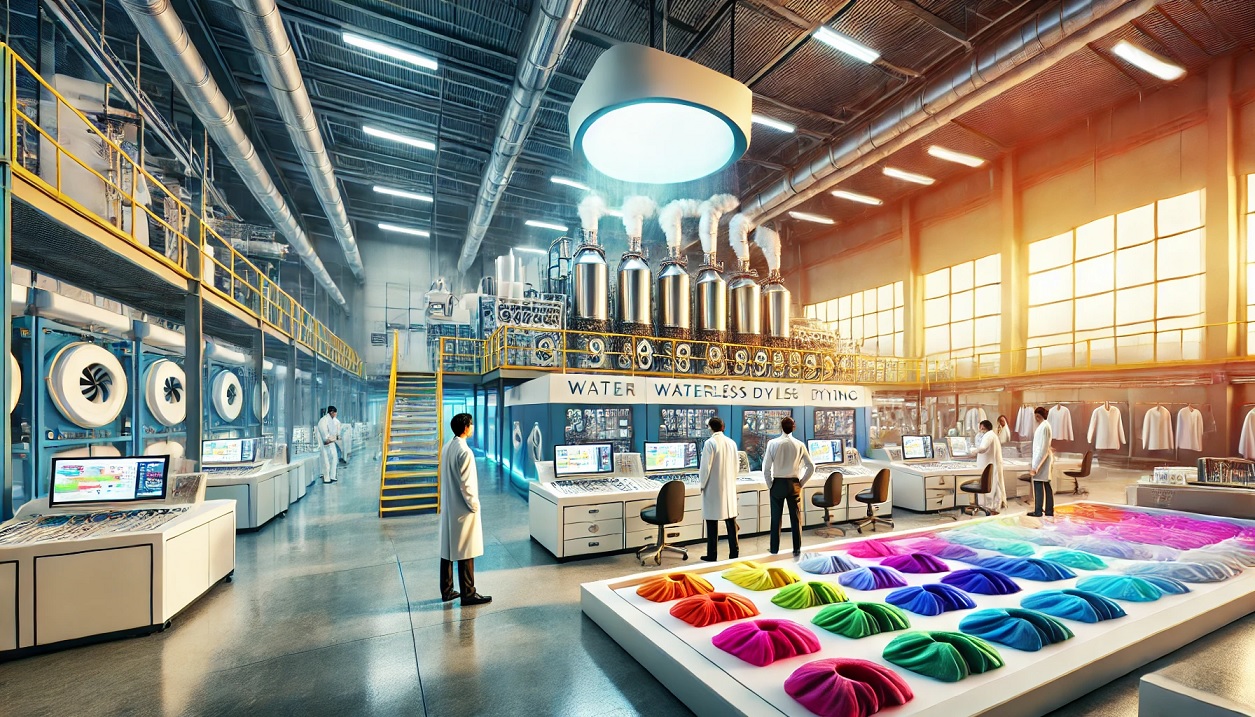In a world facing environmental challenges, understanding sustainability is not just essential; it’s a responsibility. This article delves into the essence of sustainability, its significance, and how it shapes our journey towards a greener future.
What is Sustainability?
At its core, sustainability is about meeting our present needs without compromising the ability of future generations to meet theirs. It’s a delicate balance of environmental stewardship, economic viability, and social responsibility. In essence, sustainability seeks to protect our natural environment, human and ecological health, while driving innovation and not compromising our way of life.
The Three Pillars of Sustainability
- Environmental Protection: This pillar is crucial in preserving our planet. It involves initiatives to reduce pollution, conserve natural resources, and mitigate climate change.
- Economic Development: Here, the focus is on fostering economic growth while ensuring that resources are used efficiently and responsibly.
- Social Equity: This aspect addresses the need for equitable opportunities and outcomes for all, irrespective of background, ensuring a fair distribution of resources and opportunities.
Why is Sustainability Important?
- For the Environment: Reducing environmental impact is vital for the survival of our planet and its diverse ecosystems.
- For the Economy: Sustainable practices can lead to cost savings, innovation, and new job opportunities.
- For Society: It promotes a healthier lifestyle, reduces inequality, and ensures a better quality of life for everyone.
Sustainable Practices: What Can We Do?
- Reduce, Reuse, Recycle: These three R’s are at the heart of sustainable living.
- Green Energy: Switching to renewable energy sources like solar and wind power can significantly reduce our carbon footprint.
- Sustainable Transportation: Opting for public transport, carpooling, biking, or walking can reduce pollution and conserve energy.
- Conservation: Protecting natural habitats and conserving water are key to sustainability.
- Supporting Sustainable Businesses: Choosing products and services from companies committed to sustainable practices.
Conclusion
Sustainability is more than just a concept; it’s a necessary approach for our survival and well-being. It’s about creating a world where the environment, economy, and society coexist in harmony for today’s needs and tomorrow’s future. By embracing sustainable practices, we can contribute to a healthier, more equitable, and more prosperous world.
Call to Action
Start small, think big. Every sustainable action counts. Let’s work together to define a sustainable future, for us and generations to come.



